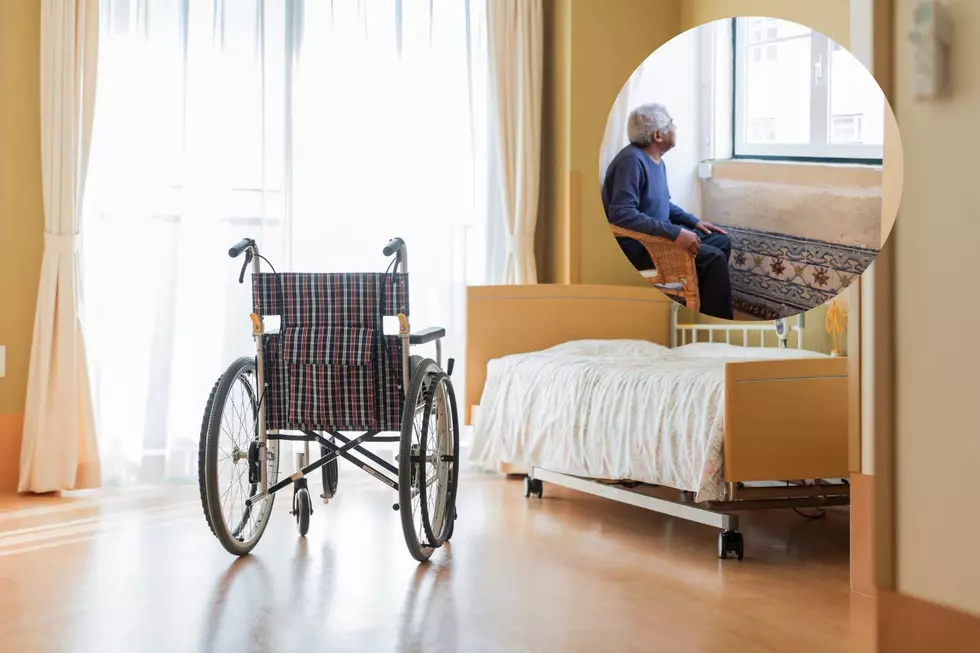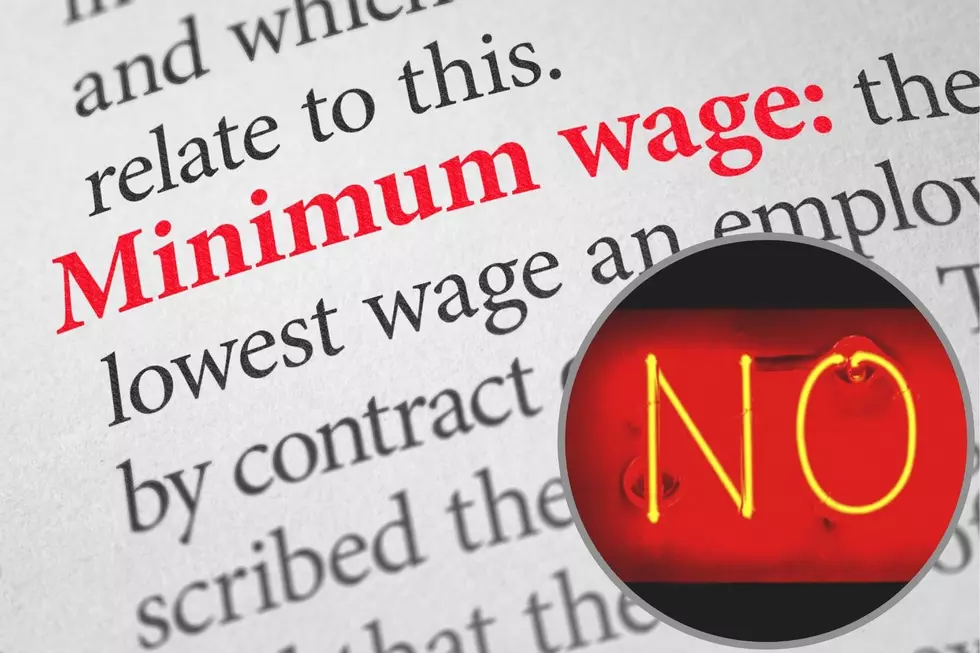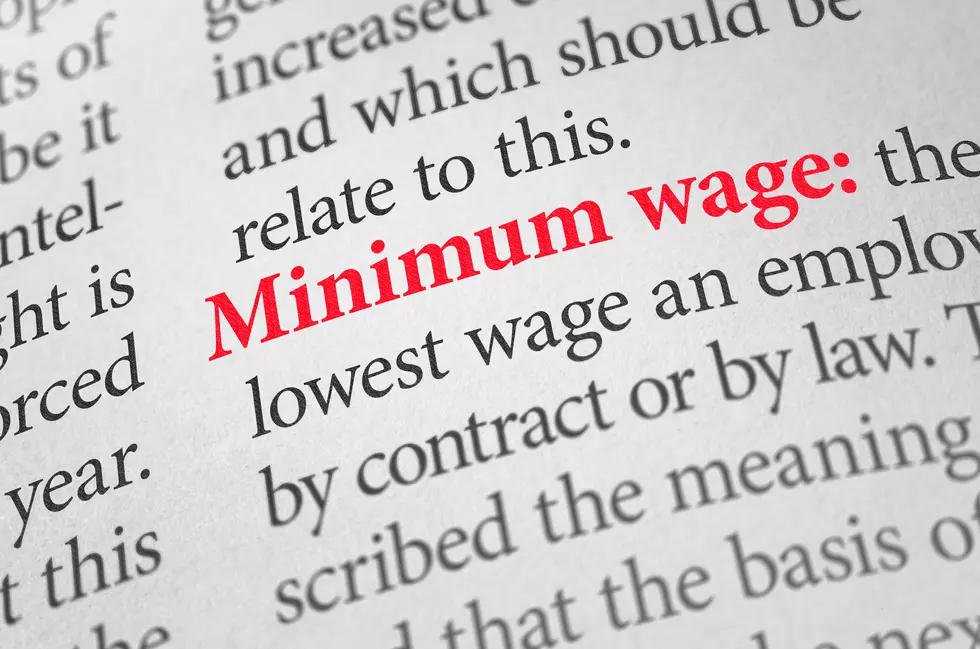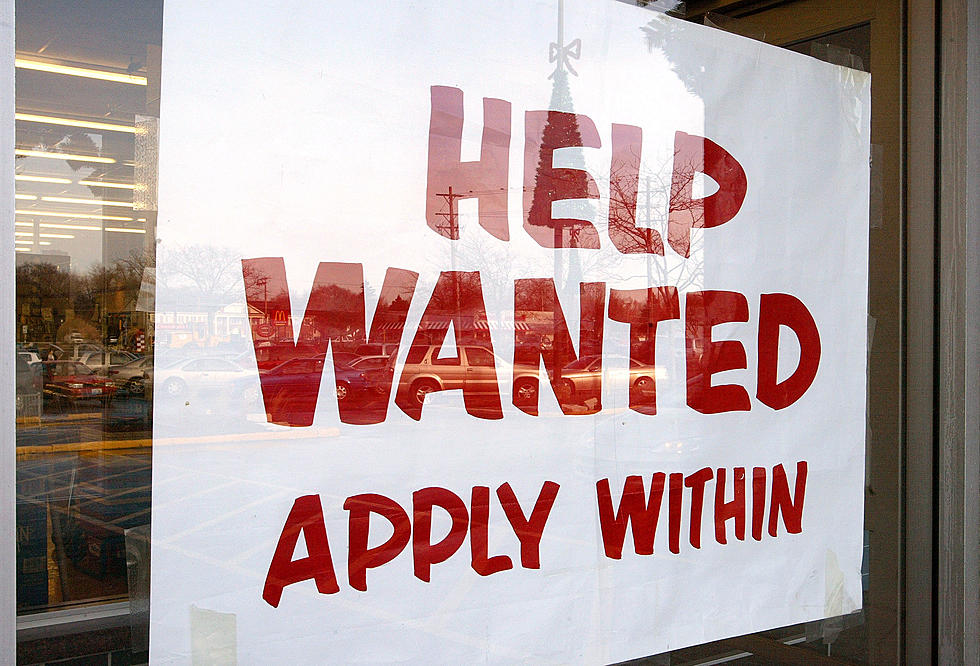
How minimum wage hike could drive up NJ’s Medicare spending
State lawmakers are being pressed to increase Medicare and Medicaid reimbursements in conjunction with raising New Jersey’s minimum wage to $15 an hour, so providers can boost wages without passing along the costs to patients – or go out of business trying.
The topic seems like one likely to be discussed at greater length Monday, when the Senate and Assembly appropriations are scheduled to consider the minimum wage bill. Presuming it passes, as expected, it could earn final legislative approval and reach Gov. Phil Murphy’s desk Thursday.
The minimum wage is currently $8.85 an hour. It would go up to $10 on July, then increase $1 at the start of each of the next five years until reaching $15 in 2024. It would then continue to increase each year at the rate of inflation, as required by the state constitution.
John Indyk, vice president of the Health Care Association of New Jersey, said nursing and assisted living facilities couldn’t pass the costs to their residents, 80 percent of whom are funded by Medicare and Medicaid and the balance of which couldn’t afford the extra cost.
“So what we’re looking for is for the state to put its money behind this mandate,” Indyk said.
“That’s what we need. We just can’t afford this,” he said. “We are in our industry, we’re facing another mandate of at least $90 million from a certified nursing assistants residents ratio bill. There’s a lot of pressure to put that bill through. In combination with this, you will put nursing facilities out of business.”
With the $15 minimum wage on a fast track for approval, state officials are now being pressured to make sure state spending is also increased to help long-term care facilities can absorb the higher costs without pushing them onto senior citizens with fixed incomes.
Jim McCracken, president of chief executive officer of LeadingAge New Jersey, which represents about 140 not-for-profit senior living providers and home community based services, said the cost for a $15 minimum wage for one statewide group of not-for-profit providers would be $1.8 million for workers now under that level.
Add in raises for those who’d get a bump to remain above the minimum and it tops $5.7 million, or 16.5 percent of payroll. If there wasn’t an increase in state reimbursements, and that cost was passed along to residents, it would amount to $72 more a day for those in a skilled nursing community or $682 a month for those in assisted living.
“Very, very significant increases for seniors who are living in licensed long-term care settings who moved in there to have physical and financial security,” McCracken said.
Brandon McKoy, director of government and public affairs of New Jersey Policy Perspective, said the state will be able to afford to increase its reimbursements for things like home health aides and child care workers because it will save money on other assistance programs.
“The state currently expends over $726 million on Medicaid, CHIP and TANF for working residents,” McKoy said. “So there will be significant savings from people who no longer rely on those programs, and those savings can be repurposed for the necessary reimbursements that should absolutely be made.”
Michele Siekerka, president and chief executive officer of the New Jersey Business and Industry Association, which opposes the proposed minimum wage bill, noted the state budget “is already challenged.”
“Where is that money going to come from? The state is going to have to increase the reimbursement, or we are going to have a crisis in that industry,” Siekerka said. “And those are our most vulnerable residents in the state of New Jersey being taken care of by that industry.”
More From 105.7 The Hawk










